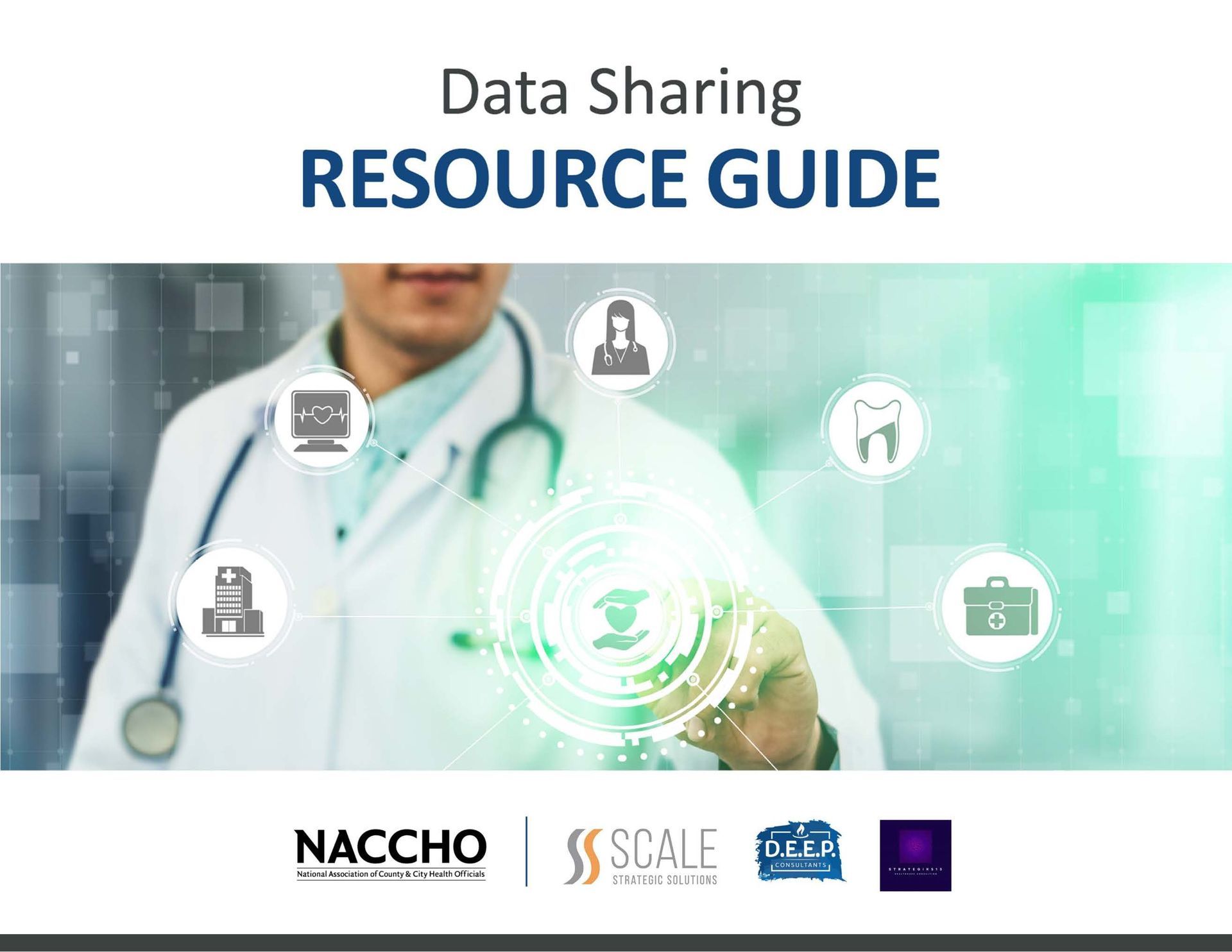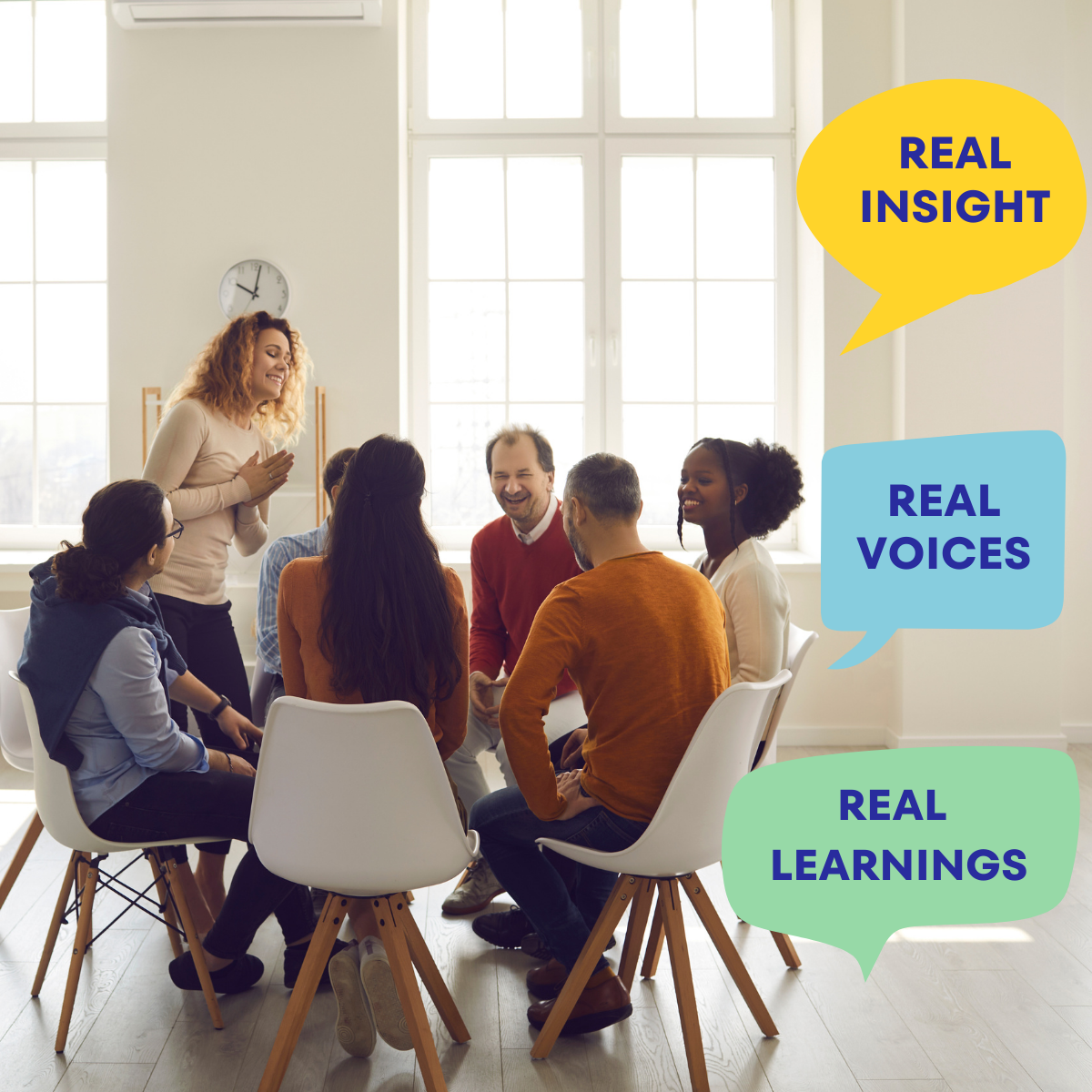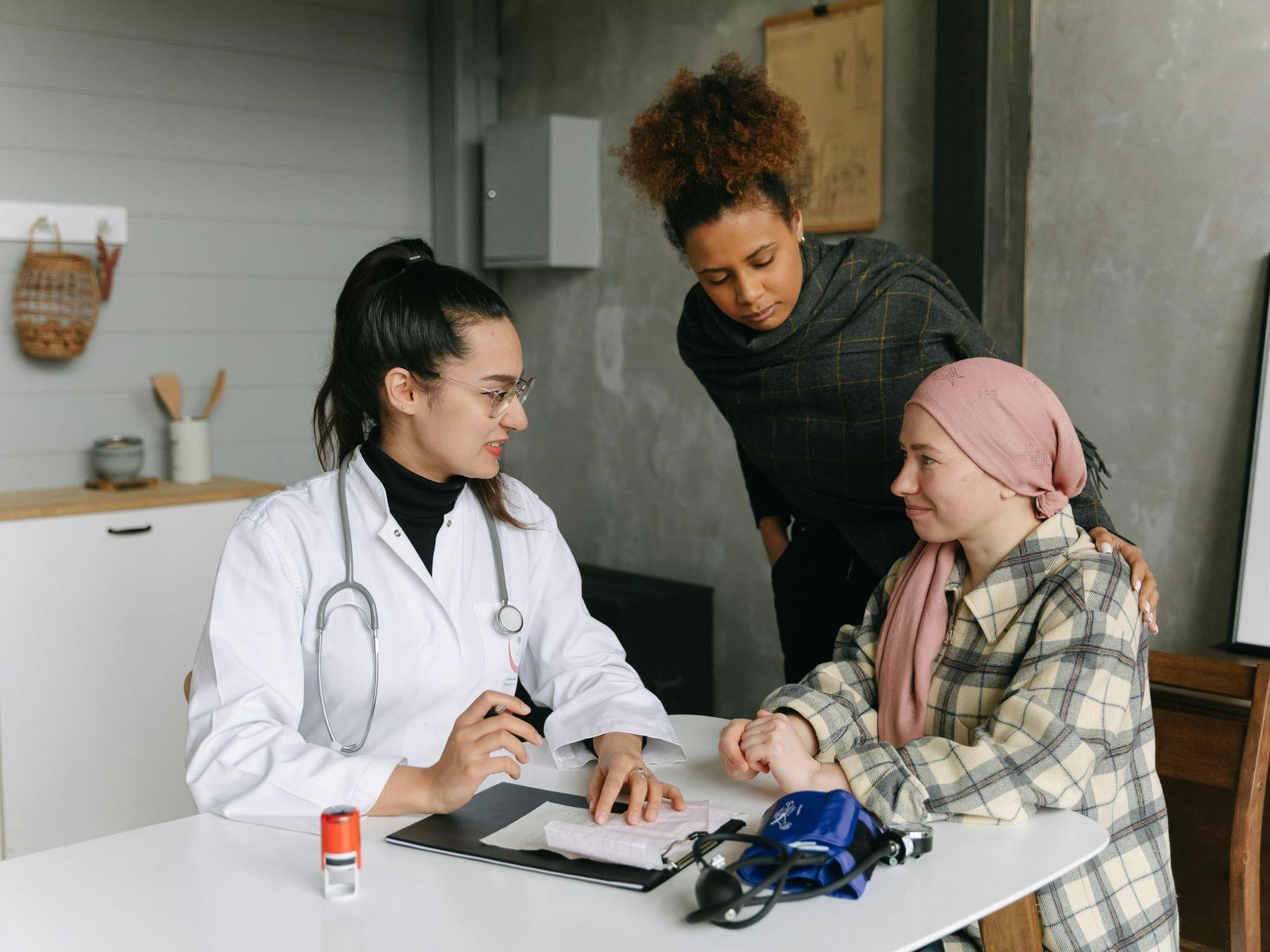Making Good Things Happen
A blog that informs our clients about real world topics related to what we do as Scale Strategic Solutions!
Trauma in the Context of Research and Evaluation

By Jennifer E. Williams, Ed.D.
Every day on the news we see images of trauma—storms, earthquakes, fires, pandemics, threats and other stressors wreaking havoc on the lives of human beings across the globe. But to what extent do we, as researchers, evaluators or social scientists consider the impact of trauma on our clients, participants and respondents? The death of classmates or teachers due to violent injuries, physical abuse as part of bullying or excessive force from law enforcement or of school staff and social exclusion, such as in quarantining, suspensions or expulsions can all be traumatic. All human beings experience trauma to one degree or another, but many of us fail to recognize it and how it might influence the quality of our interventions, data, or outcomes. A popular assessment of trauma is the Adverse Childhood Experiences (ACE) scale which allows us to predict some likely results and responses to changes or stimuli in individual participants, schools, workplaces, or communities. Below we explore three different types of trauma and how you may experience it in your work.
Physical Trauma
Physical trauma is often obvious—we suffer a physical assault or see people with an exacerbated fear of injury. We immediately know what’s happening and it’s easier to seek help. But physical trauma can also include sexual assault, hazing rituals, corporal punishment. Suffering physical trauma can have an impact on one’s psyche, ability to learn, to attend and to develop prosocial relationships. In research and evaluation, we must consider how we ask questions or collect data from participants that may trigger traumatic experiences.
Psychological Trauma
All traumas have an impact on the mind, but some trauma is caused by psychological assaults. Psychological trauma usually involves some type of emotional assault and/or is the result of an extremely distressing event that negatively impacts one’s sense of well-being. This can include bullying, witnessing violence, being forced to participate in violence or degrading acts. As with other types of trauma, psychological trauma may completely overwhelm the individual’s ability to participate fully and cause extreme mental distress. As researchers and evaluators, it’s wise to be mindful to not re-traumatize participants as we seek to understand their experiences. It’s also necessary to recognize respondents’ beliefs and cultural values. While one person may experience teasing, or ‘playing the dozens’ as playful interaction, another may be experiencing a similar interaction as traumatic bullying.
Social Trauma
Social trauma is a type of distressing event or ongoing events an individual experiences in the wider society. For example, repeatedly facing discrimination because of your race or the color of your skin is a form of social trauma. Other forms of social trauma include implicit or explicit bias based on sexism, ageism, gender identification, and ethnic persecution. A person may not recognize the impact of this type of trauma until they suffer through several experiences which threaten to overwhelm the person’s ability to cope or adapt their behavior in effectively, positive ways. As researchers study our social connections and lived experience, understanding how social trauma operates can inform the research methodology and conclusions.
Take the time to explore how direct or vicarious trauma could be impacting one’s mental, behavioral and physical health as well as the implementation and outcomes of research and evaluation. We must also integrate the concepts of social and emotional learning (SEL), racism as a public health issue and equity / inclusion (Diversity, Equity and Inclusion) of all stakeholders as measurable and ongoing requirements for yielding valid and reliable methods, processes and outcomes.

The end of the year invites us to pause, reflect, and appreciate the tools, resources, and rituals that help us do impactful work. At Scale Strategic Solutions, we spend our days turning information into action, supporting businesses as they clarify their vision, understand their impact, and strengthen their systems.

In today’s data-driven world, local health departments (LHDs) play a critical role in shaping community health and advancing equity. Yet, to do this effectively, they need more than just national trends, they need access to localized, granular data that reflects the real conditions on the ground. Data sharing is not only a technical challenge but a strategic community-focused practice. When LHDs collaborate with community organizations such as schools, hospitals, social service agencies and law enforcement, they unlock new pathways to address public health challenges more effectively. Local data allows communities to identify emerging health threats, evaluate the impact of programs, and understand how the Social Determinants of Health influence well-being. Scale Strategic Solutions, in partnership with D.E.E.P. Consultants and Strategik513, is proud to announce the development of a robust, strategic roadmap designed to support public health professionals in leveraging data to improve population health outcomes and reduce disparities. Our team of subject matter experts collaborated closely with the National Association of County and City Health Officials (NACCHO) and local health departments to gain firsthand insights into the challenges and opportunities surrounding data sharing practices. This discovery process informed the creation of two key resources aimed at building data capacity in the field. The "Increasing Data Sharing Capacity for Local Health Departments" asynchronous training, alongside the complementary Data Sharing Resource Guide , are now available on NACCHO University , the organization’s online learning platform. At Scale, we are committed to advancing the culture of data sharing within public health ecosystems. These resources were developed to meet practitioners where they are, offering flexible, high-impact tools to drive meaningful improvements in health equity and data-driven decision-making. If your organization is interested in learning more or would benefit from a customized training solution tailored to your specific data sharing needs, we invite you to contact us . Together, we can empower local health leaders with the tools and knowledge needed to transform data into action.









